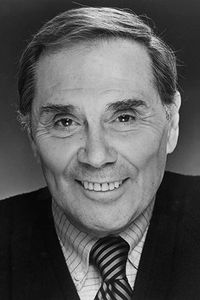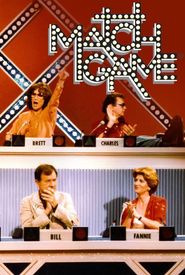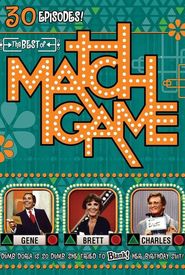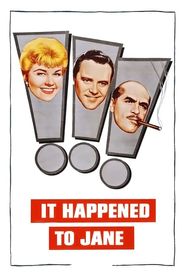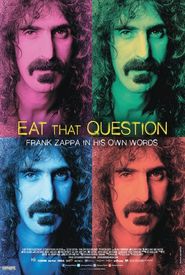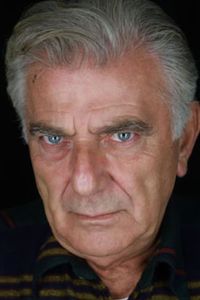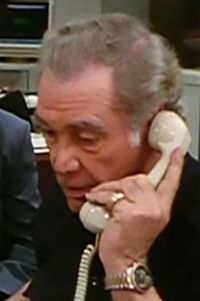Gene Rayburn was born on December 22, 1917, in Christopher, Illinois, to a family that would soon face a significant change. Tragedy struck when his father passed away at a very young age, and his mother, in an effort to provide a stable environment, moved to Chicago and married Milan Rubessa. Gene, who would later adopt his stepfather's surname, Rubessa, found solace in the world of acting, participating in high school plays and nurturing his passion for the craft.
As Gene Rubessa, he made his way to New York City in the 1930s, where he secured a position at NBC and later worked as an usher for the NBC symphony orchestra. Before the outbreak of World War II, he enrolled in announcers school and began working with various radio personalities around New York City.
In 1940, Gene married Helen Tricknor, with whom he would have a child, Lynn, in 1942. However, his life took a dramatic turn soon after, as he was called to military service and joined the U.S. Air Corps.
After the war, Gene returned to his career, hosting the "Rayburn and Finch Show" and later, the "Gene Rayburn Show" in the early 1950s. During this period, he became known for his innovative approach to promoting music, which involved playing an older song repeatedly until it became a hit. This tactic was allegedly used to expose corruption in the record industry, where promoters would bribe DJs to play popular songs.
Gene's breakthrough came in the mid-1950s when he became the announcer on The Tonight Show (1953),alongside Steve Allen. This association lasted for three years, during which time Gene became a household name and a staple of American television.
In 1955, Gene hosted his first game show, The Sky's the Limit (1954),followed by a string of other popular programs, including The Match Game (1962),Make the Connection (1955),Musical Chairs (1954),Play Your Hunch (1958),Tic Tac Dough (1956),and Dough Re Mi (1958). Gene's ability to fly by jet from his home in Massachusetts to host his various shows made him a fixture on American television.
In addition to his work on television, Gene was also a talented stage performer, appearing in Broadway productions such as "Bye, Bye Birdie," where he was joined by his understudy, Charles Nelson Reilly. Gene also had a small part in the movie, It Happened to Jane (1959).
Throughout his illustrious career, Gene Rayburn remained a beloved figure in American entertainment, leaving a lasting legacy that continues to be celebrated to this day.
